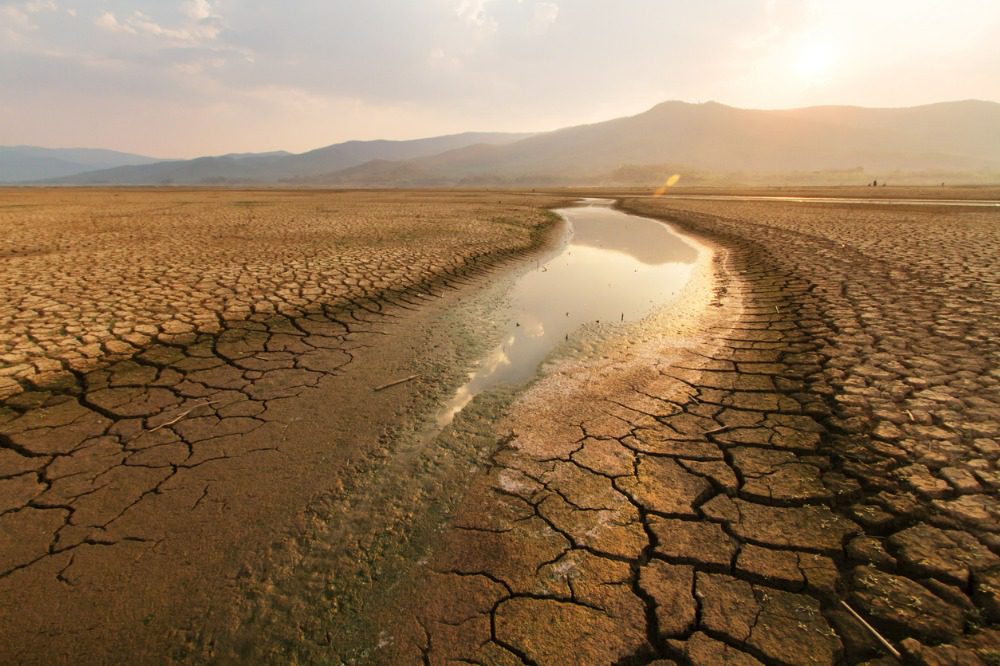Groups urge US Treasury to assess impact of climate crisis on insurance

They also urged FIO to begin collecting insurance data on these vulnerable communities, including policies covering renters, consumers dependent on insurers of last resort, and climate-related perils like wildfires and wind that are becoming “increasingly excluded” from standard coverage. Furthermore, they asked that this information be published once properly collected.
The groups that signed the letter include Public Citizen, Americans for Financial Reform Education Fund, Sierra Club, Greenpeace USA, Hip Hop Caucus, and National Housing Resource Center.
“The insurance industry has spent decades fueling the climate crisis through investments and underwriting,” said Carly Fabian, policy advocate with Public Citizen’s Climate Program. “As the climate crisis intensifies, the industry is forcing the most vulnerable consumers to foot the bill by raising premiums, reducing coverage, and abandoning entire communities.”
Fabian explained that the insurance industry’s “uniquely opaque regulatory system” has left consumers unaware of “discriminatory practices,” as well as its climate change response. With FIO having been created with the authority to collect data from insurers, it should use this data to “highlight a national insurance affordability crisis,” she said.
In addition to the letter, a petition pushing the FIO to collect ZIP Code level data from property and casualty insurers was signed by more than 9,000 individuals.
The petition specifically called for transparency in current and historical underwriting of homeowners’ insurance.
“Access to insurance is essential for me and my community’s financial and emotional security,” the petition said. “If insurance becomes unaffordable or unavailable in my community, this crisis could threaten our homes, life savings, and local economies. My community needs urgent solutions to address this growing crisis.”
Both the letter and petition were penned in response to FIO’s proposal to collect data from insurers in order to evaluate climate risks in the US and inform assessments for potential major disruptions of private insurance.





